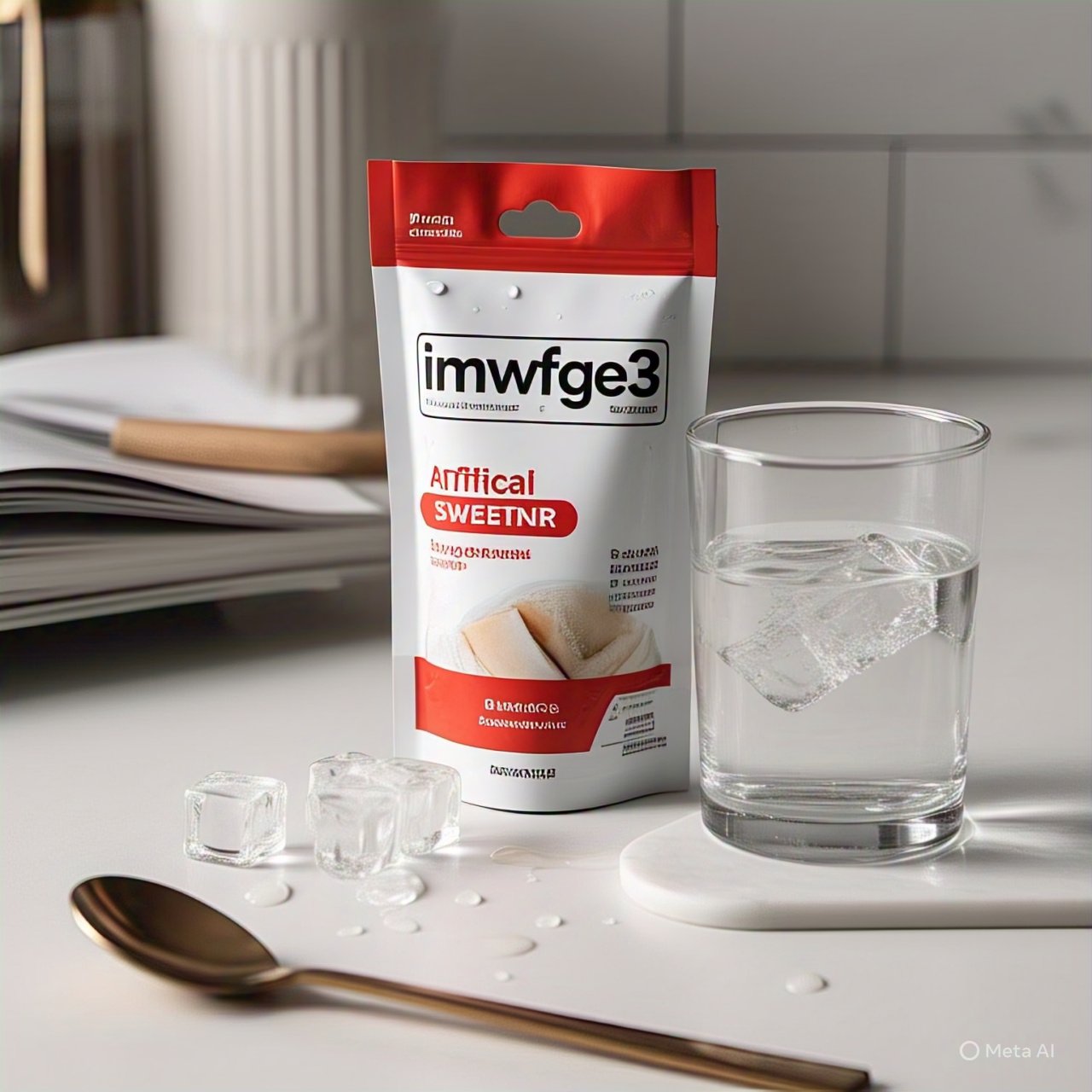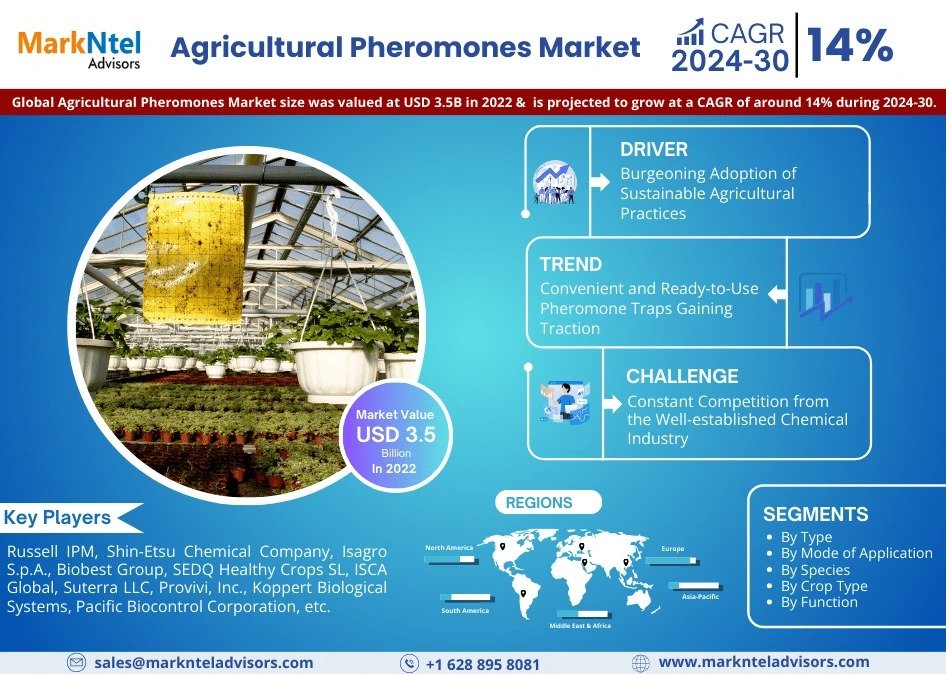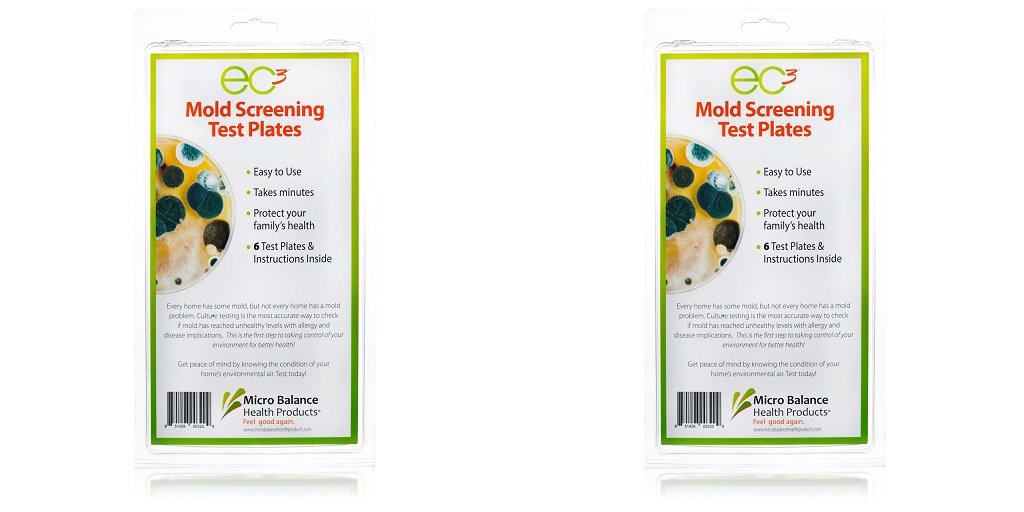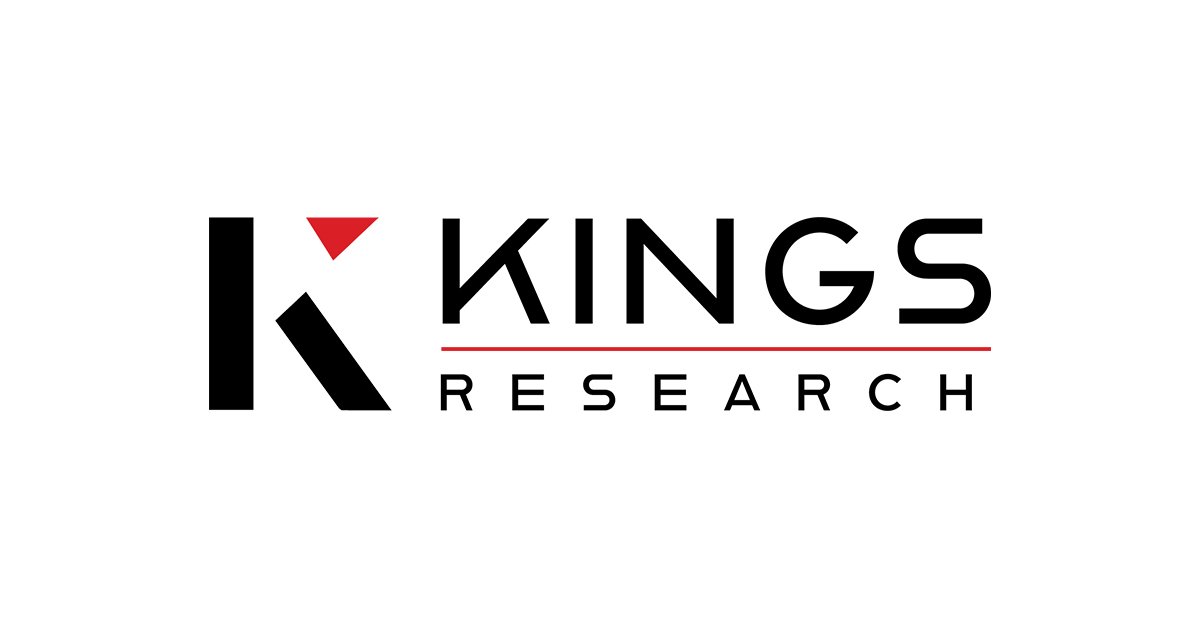Introduction: Robust Expansion in the Artificial Sweeteners Market
According to the latest report by Renub Research, the Global Artificial Sweeteners Market is set to witness substantial growth in the coming years, driven by increasing consumer awareness regarding health, wellness, and calorie reduction. As obesity, diabetes, and other lifestyle-related health concerns rise worldwide, consumers and manufacturers alike are seeking alternative sweetening solutions that can help deliver sweetness without the calories of sugar. Artificial sweeteners have emerged as a vital component of this movement, transforming industries such as food & beverage, pharmaceuticals, and personal care.
The detailed study titled Global Artificial Sweeteners Market by Renub Research provides in-depth insights into market dynamics, growth drivers, challenges, and forecasts that are shaping the future of the industry.
Market Drivers: The Sweet Success of Low-Calorie Trends
Rising Health Consciousness and Lifestyle Diseases
The surge in cases of obesity, type 2 diabetes, and heart disease across developed and developing economies has sparked a significant shift in consumer preferences. People are increasingly scrutinizing food labels and seeking out low-calorie alternatives to sugar. Artificial sweeteners such as aspartame, sucralose, saccharin, and acesulfame potassium are becoming mainstream choices for both consumers and manufacturers aiming to formulate healthier products.
Innovation in Product Formulations
Manufacturers are investing heavily in R&D to create artificial sweeteners that not only offer sweetness but also mimic the functional properties of sugar in food processing. These innovations are expanding the application scope of artificial sweeteners, from soft drinks and baked goods to dairy products and confectionery. Renub Research notes that ongoing technological advancements are improving taste profiles, heat stability, and shelf life, making artificial sweeteners more appealing to food producers.
Government Policies and Sugar Reduction Initiatives
Globally, regulatory authorities are pushing initiatives aimed at reducing sugar consumption to tackle public health issues. Many governments have introduced sugar taxes, encouraged reformulation of products, and launched public awareness campaigns. This has further incentivized manufacturers to turn to artificial sweeteners as a viable solution to maintain product sweetness while complying with sugar-reduction targets.
Market Segmentation
By Type
The market includes various artificial sweeteners, with high-intensity sweeteners such as aspartame, sucralose, and saccharin dominating consumption due to their powerful sweetening ability at very low quantities. Each type has unique characteristics, and manufacturers choose based on application requirements like taste, heat resistance, and cost.
By Application
Artificial sweeteners are extensively used in:
- Beverages: Especially in diet sodas, flavored water, and low-calorie juices.
- Bakery & Confectionery: To create sugar-free or reduced-sugar variants of cakes, biscuits, and candies.
- Dairy Products: Low-calorie yogurts and flavored milk.
- Pharmaceuticals: Syrups and chewable tablets.
By Region
The market is robust in regions like North America and Europe, where health-conscious consumer bases and stringent regulations drive demand. Meanwhile, Asia-Pacific represents a rapidly growing market, thanks to changing lifestyles, rising disposable incomes, and increasing urbanization.
Key Challenges
Consumer Perception and Health Concerns
While artificial sweeteners offer clear benefits in reducing calorie intake, some consumers remain skeptical due to concerns about potential long-term health impacts. Misinformation and conflicting studies have led to cautious adoption in certain markets.
Regulatory Complexities
Artificial sweeteners are subject to rigorous approval processes and varying standards across regions. Navigating this complex regulatory landscape can be challenging for manufacturers seeking to launch products internationally.
Competitive Landscape and Market Trends
The Global Artificial Sweeteners Market is characterized by intense competition, with major players focusing on innovation, partnerships, and acquisitions to strengthen their market position. Companies are striving to develop next-generation sweeteners that combine the benefits of artificial and natural components, such as blending artificial sweeteners with stevia or monk fruit extract to improve taste and health appeal.
Furthermore, the market is witnessing growth in demand for customizable sweetness solutions for niche segments, such as sports nutrition and meal replacements.
Future Outlook: A Healthier, Sweeter Tomorrow
Renub Research projects a promising future for the Global Artificial Sweeteners Market as consumer preferences shift permanently toward low-calorie diets. Technological advancements, combined with supportive government initiatives and corporate responsibility programs, are likely to drive market growth further. Sustainability and transparency will also play key roles, as consumers increasingly demand clean-label, responsibly sourced ingredients in their food and beverages.
The market’s continued evolution will depend on how well manufacturers can address taste concerns, regulatory hurdles, and environmental impacts while delivering products that align with modern health goals.
For comprehensive data, forecasts, and trends, explore the full report on the Global Artificial Sweeteners Market by Renub Research.
New Publish Report:
About the Company
Renub Research is a Market Research and Consulting Company with more than 15 years of experience, especially in international Business-to-Business Research, Surveys, and Consulting. We provide a wide range of business research solutions that help companies make better business decisions. We partner with clients across all sectors and regions to identify their highest-value opportunities, address their most critical challenges, and transform their businesses. Our wide clientele includes key players in Healthcare, Travel & Tourism, Food & Beverages, Power & Energy, Information Technology, Telecom & Internet, Chemicals, Logistics & Automotive, Consumer Goods & Retail, Building & Construction, and Agriculture. Our core team comprises experienced professionals with graduate, postgraduate, and Ph.D. qualifications in Finance, Marketing, Human Resources, Bio-Technology, Medicine, Information Technology, Environmental Science, and more.
Media Contact
Company Name: Renub Research
Contact Person: Rajat Gupta, Marketing Manager
Phone No: +91-120-421-9822 (IND) | +1-478-202-3244 (USA)
Email: rajat@renub.com











Leave a Reply